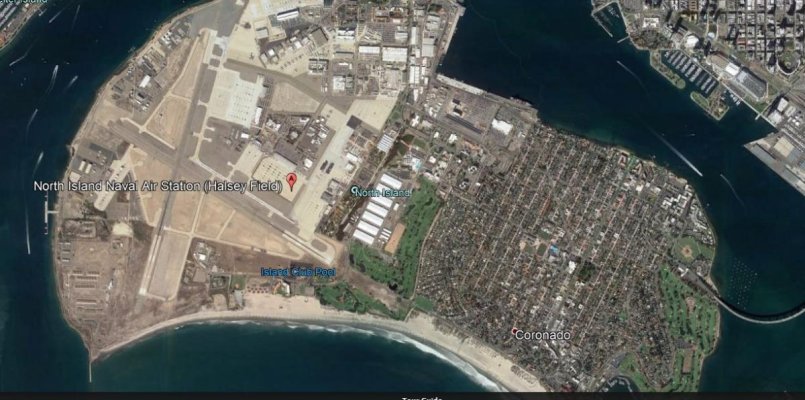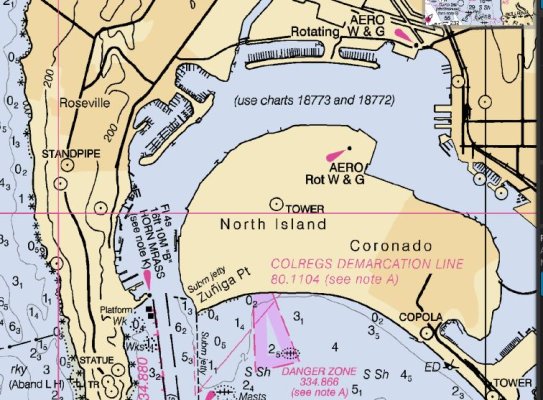Then how do you enforce that? Most of the time, the boats look "well enough" when anchored then the neglect starts.
As far as the term "auction" goes, I literally mean start it off at $1 and if the high bid is $2 then they own it.
Boats sold at $1 have then ended up sunk very nearby. Boats sold at $10 were looked at, work contemplated, and left to deteriorate further.
Actually many weren't "well enough" when anchored. Here are the factors you regulate:
Condition. Especially water and holding tank systems. Sails or engines. Must be operable.
Length of time with no one aboard or an official permit if circumstances require longer.
Length of time without moving at least x miles.
Current FL laws read "In a wrecked, junked, or substantially dismantled condition." That's very inadequate.
The process for enforcement is also overly burdensome and time consuming.
You need rules more like abandoned cars. Tag the vessel and if no response, then remove it.
Anchorages need to be for boaters. In order to preserve them for boaters, they can't be allowed to be used for storage of junk boats or abandoned vessels.
Now, everytime a law is proposed in FL, hardliners dominate. One side wants no laws and the other side wants no anchoring. I've warned and continue to warn that if boaters, and especially those who do anchor, don't help identify a workable and fair solution they will find their anchorages and rights to anchor diminishing until eventually there will be a shortage of anchorages.
Irma is a good example. A lot of damage was done by anchored and uncared for boats. They washed into marinas and onto shore. Some were boats owned by people who were outside the country for weeks or months and used the anchorage as a storage yard. The gentleman who washed onto a homeowner's property while on his boat has responded right and he and the homeowner are working through things. It's those who won't return calls that are the problem. Some have made no effort toward recovering their boat or even coming to see it while threatening legal action if the homeowner did anything.
Obviously, the hurricane has tremendously increased the number of abandoned boats.
There are those who argue strongly that the water should be free and they should be able to anchor any boat anywhere anytime. They cite laws that don't exist or apply. Are anchorages really to be free storage for unused and, in some cases, unusable boats?
Abandoned cars are simply tagged for removal by law enforcement or property owners and then removed by licensed tow companies. The owner is notified and has a limited amount of time to respond. Yes, it is tragic for a few who can't then afford the tow fee or the storage costs so basically lose their vehicle. However, they are the ones who left the cars illegally. If the same was done for boats, because the costs would be higher, even more would be unable to recover the boats. That's why I suggest not immediate removal but a few days after notification. If the owner doesn't see the notification or take action, then that's on them.


